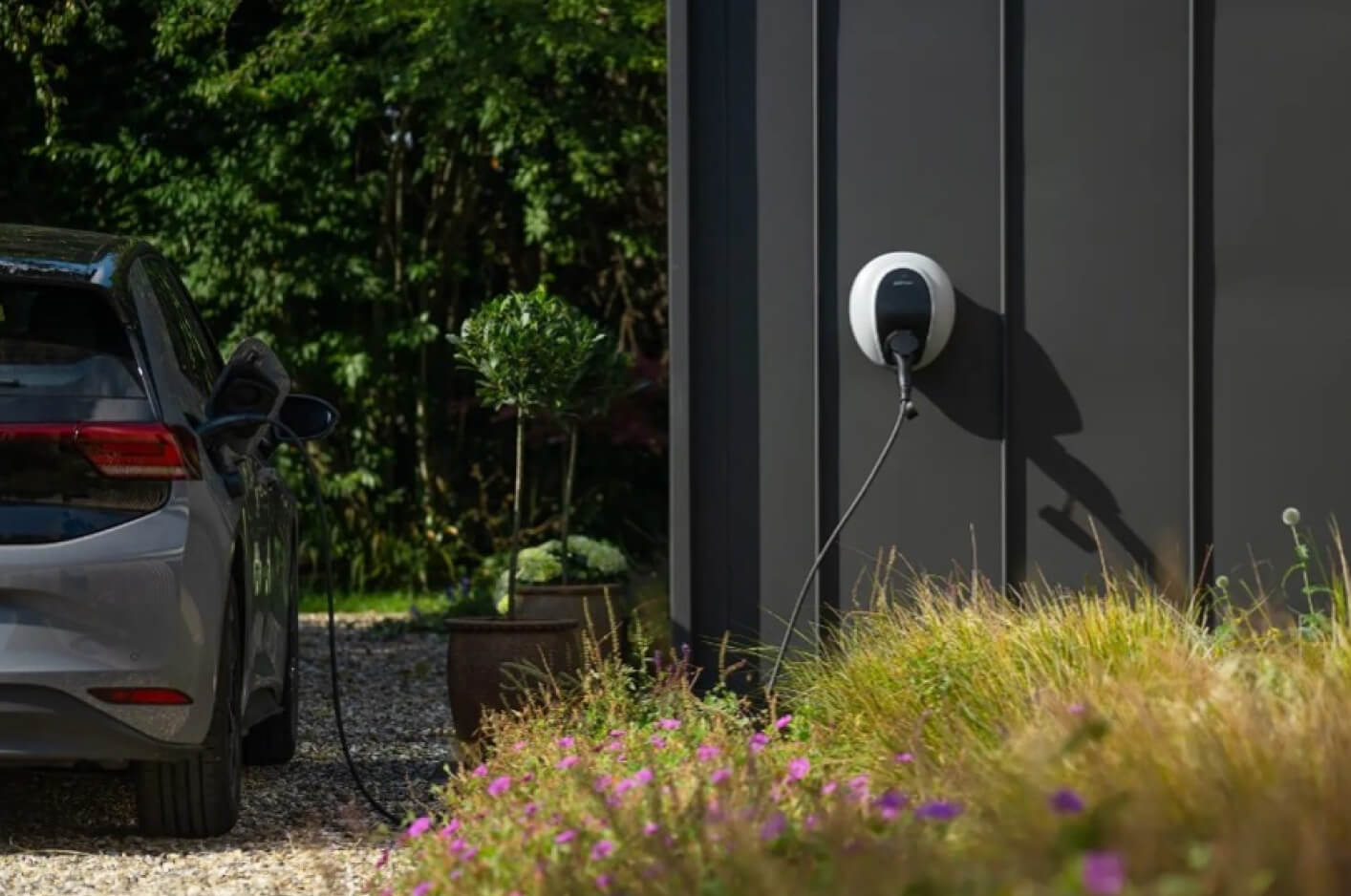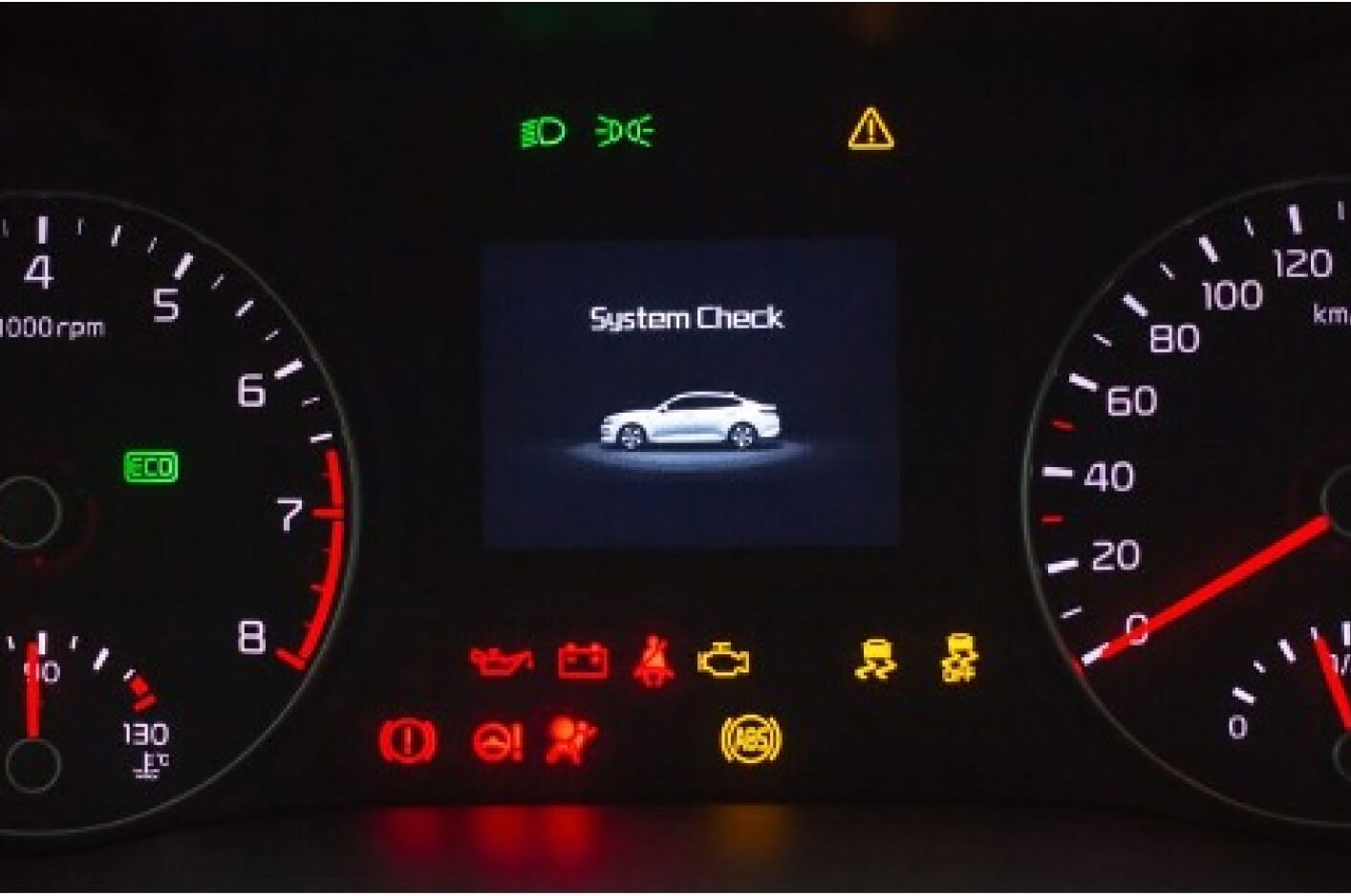11 December 2017
A third of company cars to be plug-in by 2022, reveals new fleet manager survey
Fleet managers estimate that one in three cars they manage will be either a plug-in hybrid or electric by 2022 and within a decade that figure will have increased to one in two.

Fleet managers who don’t currently have a plug-in hybrid or electric vehicle in their operations believe that they will do so within an average of four years, according to Kia’s new ‘2017 Fleet Market Attitudes’ report.
Kia interviewed 150 fleet managers and found that the delayed adoption was because:
- 41% said the design of the cars ‘looked unprofessional.’
- 35% cited that the UK’s charging infrastructure was a barrier.
- 27% said plug-in hybrids and electric cars were too expensive.
- 20% felt that they did not yet understand enough about the technology, showing that more information across the industry was needed.
The study was published a week after the British Vehicle Rental and Leasing Association in its ‘2018 Industry Outlook Report’ suggested that 2019 and not 2018 would be the ‘breakthrough’ year for pure electric vehicles, with next year being the year of the hybrid.
Additionally, when looking at the UK’s charging infrastructure, 55% of all fleet managers in the Kia study agreed that it was not good enough to currently warrant fully investing into the technology. Conversely, of those that were yet to adopt, they believed that the UK’s charging infrastructure would be better by 2021 - with battery life and charge time improving by the same date.
Of the fleet managers who did have plug-in hybrid or electric vehicles within their operations, the top reason was because they were good for the environment (67%), followed by an understanding that they were cheaper in the long run (67%) – at odds with fleet managers who didn’t operate the cars and believed they were too expensive – and that the charging infrastructure was good in their area (58%). That was followed by 43% who believed they were more attractive than ‘regular cars’ and 41% who stated that there was demand from employees to drive them.
In 2018, fleet managers said they were looking to further cut company car emissions due to the reduction of the main rate threshold (18%) for capital allowances for business cars to 110g/km of carbon dioxide (CO2) from 130g/km. A total of 77% of respondents said that their organisation intended to change their fleet policy next year to take account of the change. Additionally, the 100% First Year Allowance threshold reduces to 50g/km (presently 75g/km) from April 2018. Meanwhile, on vehicles with CO2 emissions above 110g/km, companies can write down 8% of the cost of the car against their taxable profits each year, on a reducing balance basis.
It follows that leasing companies, which are ineligible to claim 100% first-year writing down allowances on cars, will be restricted to 18% (0-110g/km) and 8% (from 111g/km) on a reducing balance basis from April 2018.
The survey revealed that currently, the average CO2 levels of organisations’ fleets was 118g/km, with 27% being less than 110g/km.
However, a similar proportion stated the average to be more than 130g/km, while 30% admitted they didn’t know – suggesting, said Kia, that emission tax bands remained a concern, but are not necessarily a ‘deal-breaker’ for those who wished to purchase cars above the threshold.
The ‘2017 Fleet Market Attitudes’ report also revealed that two thirds of respondents admitted that their organisation was nervous about operating a petrol or diesel car that wasn’t a plug-in hybrid for their fleet in the wake of the government’s announcement that solely petrol and diesel cars may be banned from 2040.
John Hargreaves, Head of Fleet and Remarketing at Kia, said: ‘As more and more organisations embrace new technologies for the vehicles in their fleets, traditional powertrains are becoming less likely to be considered the default option.’


